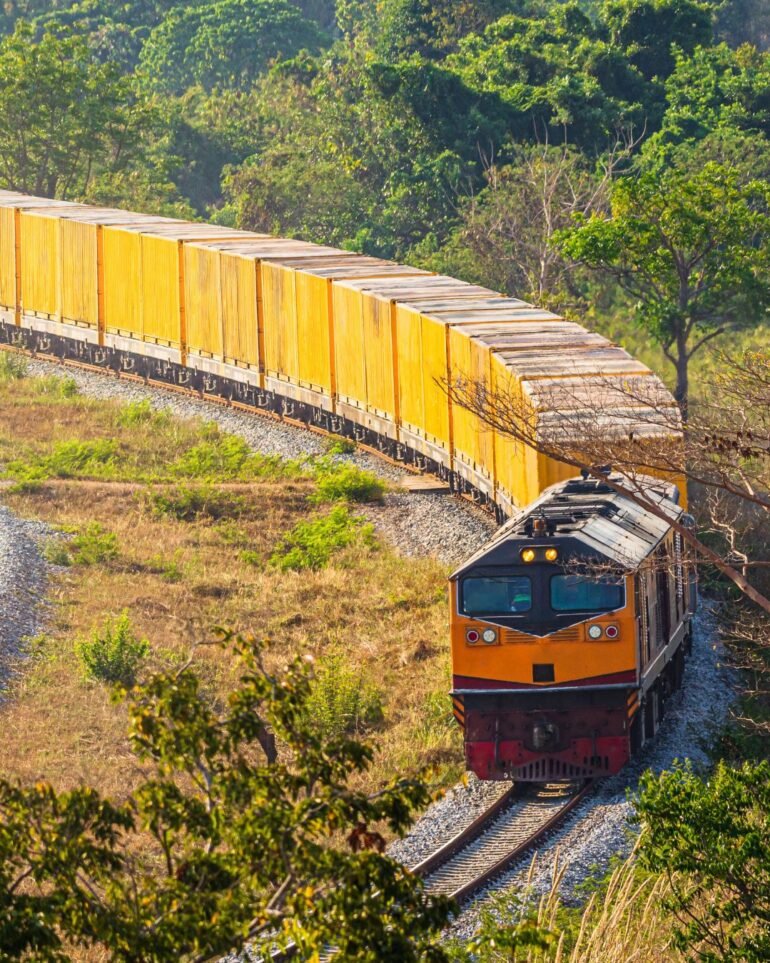The Union Cabinet on Wednesday approved two major railway line doubling projects worth ₹6,405 crore, aimed at decongesting key freight corridors and improving connectivity across coal, steel, cement, and petroleum sectors. A major beneficiary of this expansion is the Ballari-Hospet industrial belt in Karnataka.
The Ballari, Chikjajur rail line doubling project, spanning 185 km, received the lion’s share of ₹3,342 crore. This route passes through the Ballari and Chitradurga districts of Karnataka and the Anantapur district of Andhra Pradesh, serving as a vital freight corridor for iron ore and steel industries in and around Hospet and Ballari. The project is expected to handle an additional 18.9 million tonnes (mt) of cargo annually.
This railway stretch plays a strategic role in connecting mineral-rich Ballari and the steel and cement hubs of Hospet to the Mangaluru Port, significantly reducing dependence on Goa and Krishnapatnam ports. The project will also facilitate the transportation of coking coal, fertilizers, food grains, and petroleum products, further strengthening the logistics infrastructure of the region.
The infrastructure under the Ballari-Chikjajur project includes the construction of 19 stations, 29 major bridges, 230 minor bridges, 21 road overbridges (ROBs), and 85 road underbridges (RUBs). More than 400 villages will directly benefit from improved rail access and connectivity.
The second approved project, the 133-km Koderma, Barkakana line doubling in Jharkhand, has an outlay of ₹2,063 crore. While it plays a key role in boosting coal transportation and improving the Patna, Ranchi rail link, the primary spotlight remains on the Ballari-Hospet corridor for its industrial and strategic significance.
Together, these projects will add 318 km to the Indian Railways network and are expected to increase freight capacity by 49 mt per annum.


